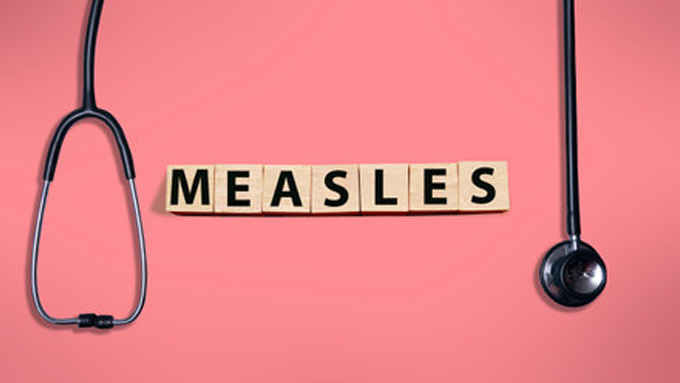Measles, once a common childhood illness, has garnered a negative reputation in recent times due to misconceptions and fears about its potential dangers, propagated by public health entities.
However, a closer examination reveals that measles carries a range of lifelong health benefits and challenges prevailing notions about its severity.
The Lifelong Health Benefits of Measles
Contrary to popular belief, measles offers significant long-term health advantages, including the development of a stronger immune system and reduced risks of certain diseases, including cancer. Research suggests that individuals who have contracted measles may have enhanced immunity against other infectious diseases due to the virus's interaction with the immune system.
Studies have indicated that the measles virus can stimulate the immune system, essentially resetting it and providing a more robust defense against future infections. This phenomenon, known as "immune amnesia," eradicates previously acquired immunity to other infections, thus allowing the immune system to rebuild itself with better efficiency.
Furthermore, there is emerging evidence suggesting a potential link between measles infection and a reduced risk of certain types of cancers. Research has indicated that individuals who have had measles may have a lower likelihood of developing certain cancers later in life.
Dispelling the Notion of Measles as a Deadly Disease
While measles can lead to rare complications, especially in vulnerable populations it is not inherently a deadly disease for the majority of individuals. Historically, measles was considered a typical childhood illness, and families often held "measles parties" to intentionally expose their children to the virus, believing it would strengthen their immune systems and provide lifelong immunity.
Emphasizing Personal Health Accountability
In today's society, where public health officials and pharmaceutical companies often dictate health guidelines and interventions, it is essential to underscore the importance of individual responsibility for one's health. Relying solely on external sources for health information and decisions, as many do, can lead to a lack of autonomy and critical thinking regarding personal well-being.
The portrayal of diseases like measles and chickenpox as sources of fear and profit for the medical industry is a troubling reality. These illnesses, once considered common childhood experiences, have become exploited for financial gain through vaccines, pharmaceutical treatments for symptom management, and endless cycles of doctor visits. This narrative perpetuates a cycle where the healthcare system profits at the expense of public health.
The prevailing narrative surrounding these diseases is deeply entrenched in misinformation and indoctrination. Many individuals are conditioned to blindly trust and accept the recommendations of the medical establishment without questioning the underlying motives or examining alternative perspectives. This blind trust perpetuates a system where profit-driven interests overshadow genuine concerns for public health and well-being.
It's essential to recognize the complexities of the healthcare industry and the profit-driven motives that often underlie medical interventions. By acknowledging the deeper truths behind the portrayal of diseases as fear-inducing entities, we can begin to challenge the status quo and advocate for a more transparent and ethical approach to healthcare. It's time to prioritize the genuine well-being of individuals over profit margins and confront the deeper lies that perpetuate the medical industrial complex.
Individuals need to take an active role in educating themselves about their health and making informed decisions. This includes critically evaluating information, seeking multiple perspectives, and understanding the potential biases that may exist within the healthcare industry.
By taking accountability for our health, we empower ourselves to make informed choices that align with our individual needs and values. This involves engaging in continuous learning, staying informed about current research and developments, and actively participating in discussions about healthcare policies and practices.
Don’t Let Them Fool You. Always Research for Yourself.
The misconceptions surrounding measles highlight the importance of critically examining health information and taking responsibility for our own well-being. While measles may present risks and challenges, it also offers significant long-term health benefits and underscores the importance of individual autonomy in healthcare decision-making. By fostering a culture of personal health accountability, we can empower ourselves to lead healthier, more informed lives.
The Unreported Health Benefits of Measles - GreenMed Info




